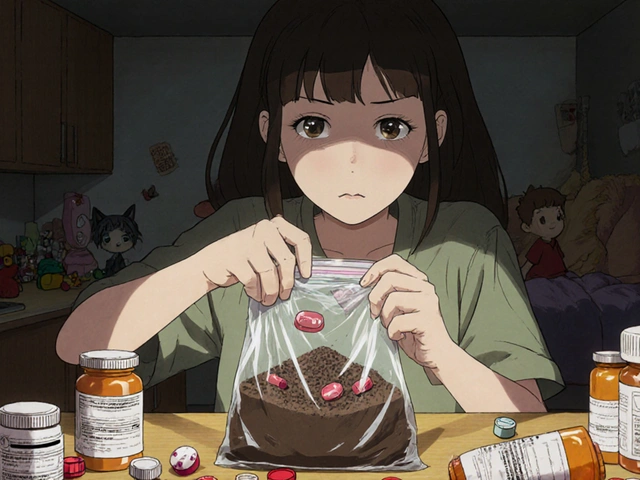Treatment Effectiveness – Simple Ways to Spot What Works
Ever wonder if the drug you’re taking actually helps? You’re not alone. Most of us start a new prescription hoping for relief, but it’s easy to miss the signs that tell you whether it’s doing its job. Below you’ll find plain‑spoken tips that let you tell if a treatment is effective, when to tweak it, and how to talk with your provider without the medical jargon.
What Makes a Treatment Effective?
Effectiveness isn’t just about a pill lowering a lab number. It’s about three things working together: the intended health outcome, the speed you notice it, and how safe it feels for you. For example, a blood‑pressure pill is effective if it brings your reading into the target range, does it within a few weeks, and you don’t get dizzy or bruised in the process. If any of those pieces are missing, the treatment may need a change.
Real‑world factors matter, too. Your age, other meds, and even diet can shift how well something works. That’s why a drug that’s a star for one person might feel like a flop for another. Keep an eye on your personal baseline – what did you feel like before you started? That comparison is the fastest yardstick you have.
Tips to Assess Treatment Success
1. Track symptoms daily. Grab a notebook or a phone note and write down what you feel each day. Simple scores like “pain 0‑10” or “energy low/medium/high” let you spot trends after a week or two.
2. Set a realistic time frame. Most meds need a few days to weeks to show results. If you’re checking a new antidepressant after three days, you’ll probably think it’s useless. Look up the typical onset for your drug and give it that window before deciding.
3. Watch for side‑effects. A treatment that eases your main problem but gives you new, serious issues isn’t truly effective. Note any new aches, stomach upset, or mood swings and weigh them against the benefit.
4. Use objective measures when possible. Blood tests, blood‑pressure cuffs, or blood‑sugar meters give clear numbers you can compare. Even a home weight scale can tell you if a diet drug is moving the needle.
5. Talk to your doctor with data. Bring your notes to the appointment. Saying “my pain dropped from 8 to 4 after two weeks, but I’ve been feeling jittery” gives the doctor a concrete picture to adjust dosage or switch meds.
Remember, treatment effectiveness isn’t a one‑size‑fits‑all verdict. It’s a personal check‑in that combines how you feel, what the numbers say, and whether any new problems show up. By staying observant and honest with yourself, you’ll catch the good stuff fast and avoid staying on a weak or harmful regimen.
Got a specific medication in mind? Our tag page pulls together articles on drugs like Bactrim, Warfarin, and many more, each breaking down its effectiveness, side‑effects, and real‑world use. Use those guides to compare what you’re taking with what’s out there, and you’ll be better equipped to make informed choices about your health.






